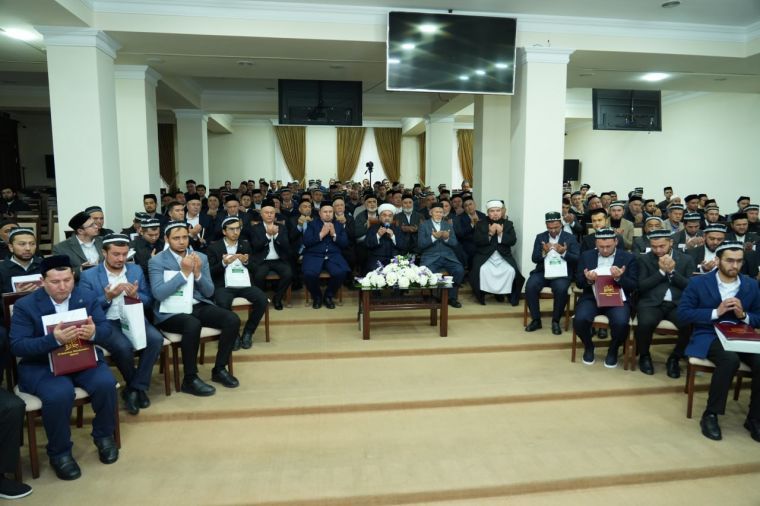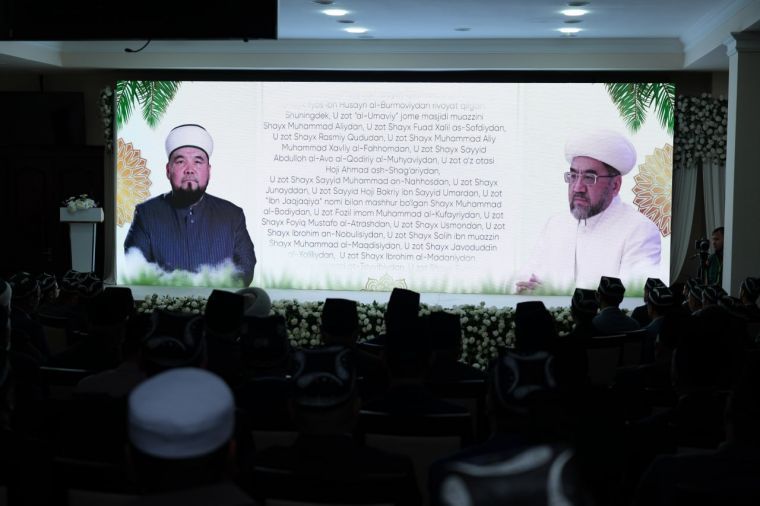Tashkent city



One of the users of social networks shared this picture. The user notes that all conditions for prayer exist with separate men and women sections.
On the comment, the user left the following: “Sincere gratitude for those who are contributing for positive changes, specifically Tashkent airport staff. All procedures seem to be very fast and comfortable. I wish even better achievements.”
Besides, there are monitors with flight information are installed on the walls of the prayer room.
The State Committee on religious affairs under Cabinet Ministers of Uzbekistan, The Center for Islamic Civilization of Uzbekistan, Muslim Board of Uzbekistan, “Uzbekistan Airways” national aviation company, Committee on Tourism Development jointly with Ziyarat Tourism Association were initiators and supporters of the tourism development standards.
Press Service,
Muslim Board of Uzbekistan

A ceremony for awarding authorization certificates was held at the Muslim Board of Uzbekistan for mosque muezzins who successfully completed advanced training programs.
The event was attended by the Chairman of the Muslim Board of Uzbekistan, Mufti Sheikh Nuriddin Kholiqnazar, as well as the Head of the Department of Qur’an and Tajwid Education, Sheikh Alijon Qori Fayzulloh, who delivered speeches on the occasion.
Over the past five years, online and offline training sessions on the call to prayer (adhan) and iqamah were conducted for more than two thousand muezzins from the Republic of Karakalpakstan, various regions, and the city of Tashkent. During the ceremony, the Mufti and Sheikh Alijon Qori awarded "Ijaza" certificates to 70 muezzins.
Certificates of appreciation were also presented to the instructors who conducted the training courses under the leadership of Sheikh Alijon Qori.
Muslim Board of Uzbekistan
Press Service




